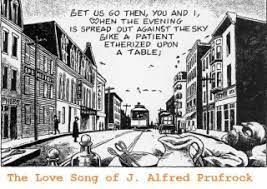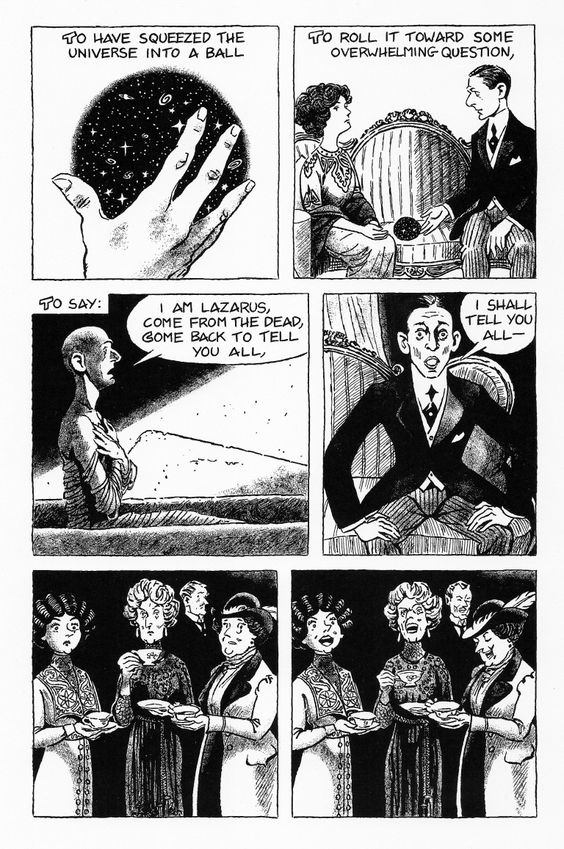- Home
- The Blast -Blog
- The Blast (Archive)
- Blast Directory (Archive)
- California Streamin'
- Politics
- Culture
- ART
- SONGS
- Reviews
- Op-Ed Material
- New Writing
- Old Writing
- ARCHIVES
- "If you went to Yale . . ."
- Outing the Privilege Gap
- Thoughts on TFA
- Sir Ken Robinson: Education & Creativity
- My 91 seconds of Rock-music-video Fame!
- Creating Democratic Schools
- Acknowledgments
- About the Author
- Contact Info
Proudly powered by Weebly


